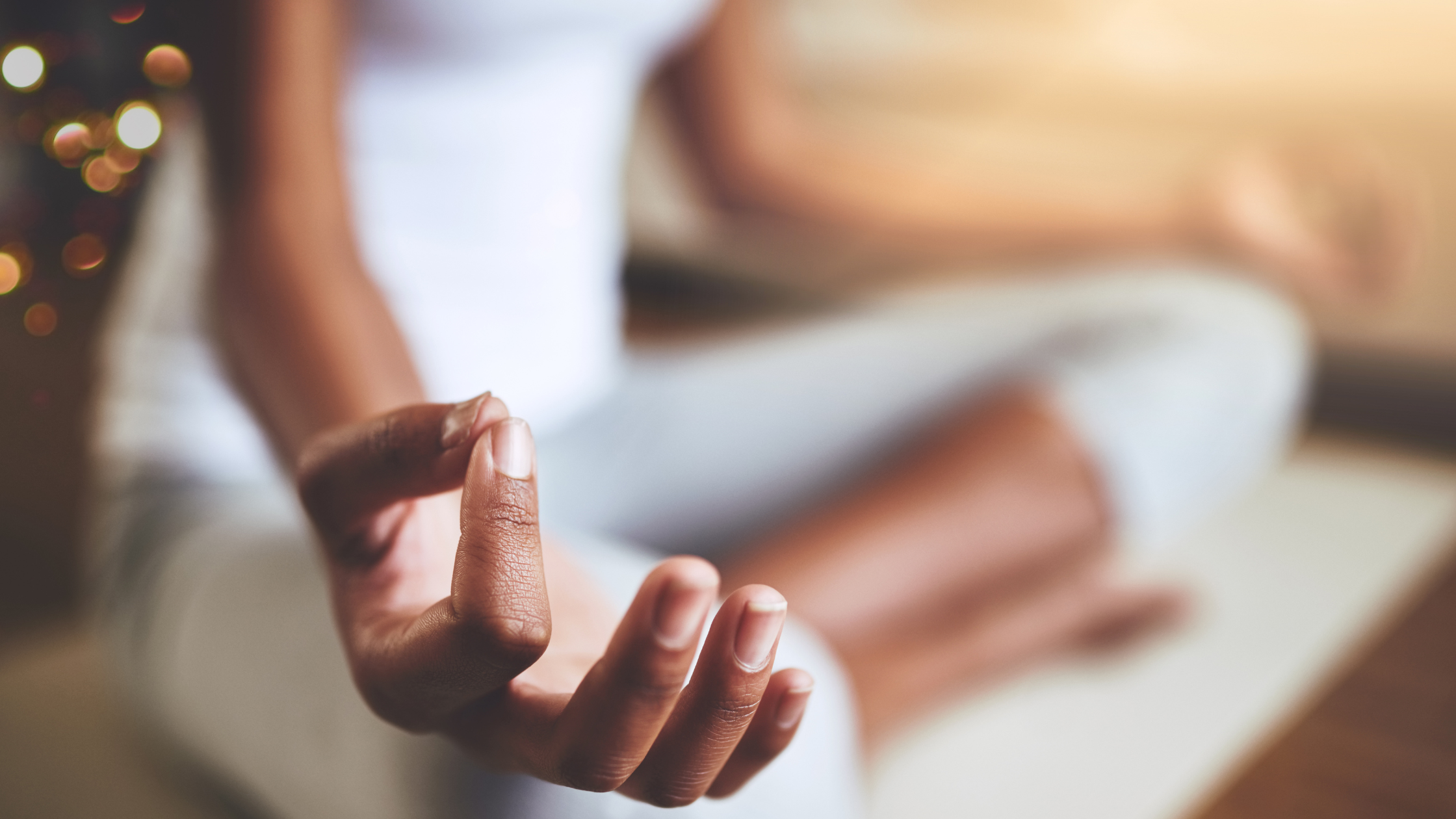
Sleep is important for a variety of reasons, but getting good sleep is not as easy as it seems. For some, sleep may actually seem impossible. For others, they may think they are getting good sleep, and think that it's normal to feel tired during the day. Although that midday slump hits, it is not normal to be excessively tired throughout the day. This is an indication of poor sleep. Although sleep disorders may be the cause of poor sleep, more often than not, poor sleep hygiene is. Unlearn some of those poor habits and begin sleeping well!
The Importance of Sleep
Sleep takes up approximately 1/3 of our lives. So if we spend a lot of time doing something, then it is probably fairly important. Even though it seems like we are doing absolutely nothing while we are sleep, we are actually doing a lot. Our brains are consolidating all of the information we took in for the day, learning and building memories.
Our bodies, which have been damaged all day, are undergoing serious construction and repair. Our muscles are rebuilding themselves and our hormones are rebalancing. This is also the time for growth, especially for kids and early adults.
Sleep is essential for our immune system as well. Inflammation makes it hard for our immune system to do its job, and sleep is great at reducing inflammation and strengthening our immune system. This keeps us safe and healthy, especially with the amount of illness that is going around.
Sleep is also essential for our mental well-being. Depression and anxiety are closely related to sleep, putting individuals at a higher risk for developing these mental health disorders if they do not receive the minimum amount of sleep necessary.
Those who do not receive enough sleep actually experience a variety of health issues. These include metabolic disturbances, like diabetes and obesity, and chronic illnesses such as hypertension and heart disease. Alzheimer's and dementia are also linked to not receiving enough sleep.
How much sleep is enough sleep?
Getting enough sleep starts by knowing what that looks like for you. The amount of adequate sleep is determined by age.
Newborns need the most sleep, ranging 14-17 hours of sleep a day. This number diminishes over the first year to 12-16 hours. Toddlers need 11-14 hours of sleep and preschoolers need 10-13 hours of sleep. School-aged children up to 12 years old need 9-12 hours of sleep and teens need 8-10 hours. Adults need a minimum of 7 hours, and no more than 8 or 9 hours.
Healthy sleep hygiene
Sleep hygiene describes everything that goes into your sleep. This includes your environment in which you sleep, the activities you do before sleep, and how you get your mind right to go to sleep. Sleeping is more than just a passive activity. It requires adequate preparation to make sure both your mind and body are ready for a good night's sleep. Without this preparation, you may find yourself struggling to get good sleep without knowing why.
Good sleep hygiene consists of a good sleeping environment, nighttime routine that prepares you for sleep, and good sleeping behaviors.
The optimal sleeping environment is cool, dark, and quiet. This means making sure the thermostat is set to around 68 degrees and that there are absolutely no noises or lights in the room. TV should be off, cell phones and electronics should be out of the room, and there should be no other lights that can disrupt sleep.
A nighttime routine adequately prepares you for sleep. It trains your brain to know what it looks like when you're about to go to bed so it can begin sending out signals to the rest of your body to begin shutting down. These activities should be relaxing, and avoid over-stimulating your brain. Reading, hanging out with family, stretching, and meditation are all great, quiet activities to do before bedtime.
Good sleep behaviors go hand in hand with the nighttime routine. These are behaviors that positively impact your sleep. A big one is avoiding electronics at least an hour before bed. The blue light emitted from them can disrupt the release of melatonin, a hormone necessary for sleep. Other behaviors include avoiding exercise, eating too late, and drinking too many beverages or alcohol, coffee, or anything with too much sugar.
If you struggle to develop a good sleep hygiene, then please take this free online sleep test and talk with one of our sleep health professionals as soon as possible!
https://www.verywellmind.com/how-to-ditch-poor-sleep-hygiene-5225795

